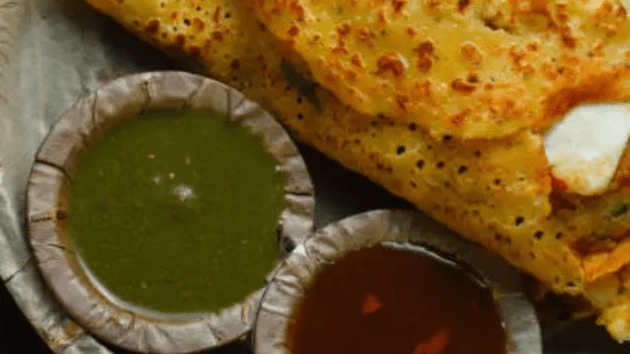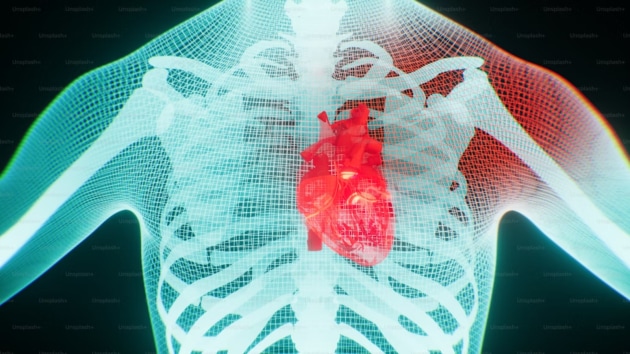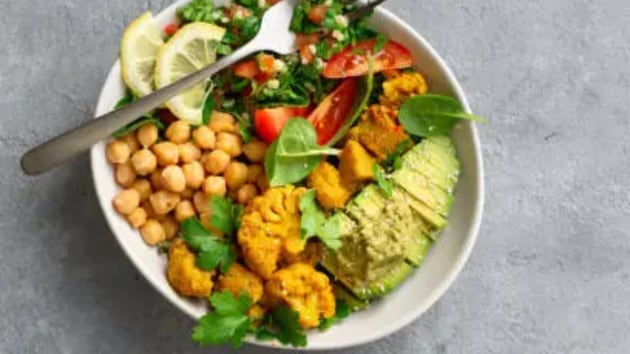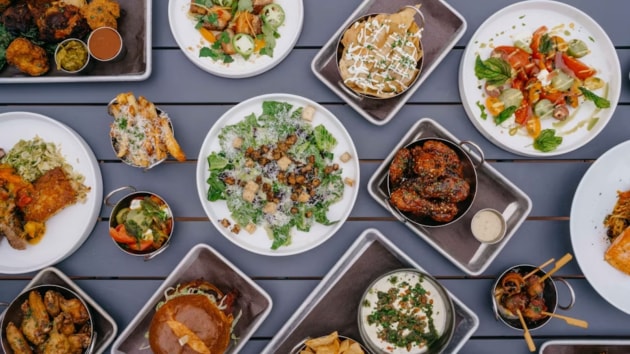Are ultra processed foods replacing traditional diets?
As we move into an age where eating processed foods have become an integral part of our diet, the question lies in if they are also replacing our day to day diets? Let's get into it.
November 13, 2025 15:06 IST 1 / 7
1 / 7From instant noodles to packaged snacks and ready to eat meals, ultra-processed foods have become a daily part of modern life. But as these convenient options take over our kitchens, traditional diets, rich in whole grains, fresh produce, and homemade recipes, are slowly fading away. Let's look at the big debate. (Source: Photo by unsplash)
 2 / 7
2 / 7What Are Ultra Processed Foods? Ultra processed foods are industrial formulations made mostly from refined ingredients, additives, and preservatives. Think chips, sugary cereals, soft drinks, and frozen meals, they’re designed for taste and shelf life, not nutrition. (Source: Photo by unsplash)
 3 / 7
3 / 7Cultural Loss: As traditional meals disappear, so do the culinary practices, flavours, and community bonding associated with them, marking a silent cultural erosion in many parts of the world. (Source: Photo by unsplash)
 4 / 7
4 / 7Health Implications: Studies have linked regular consumption of ultra processed foods to obesity, heart disease, diabetes, and even cognitive decline due to their chemical additives and lack of essential nutrients. (Source: Photo by unsplash)
 5 / 7
5 / 7Nutritional Decline: Unlike traditional diets that include fresh fruits, vegetables, and whole grains, ultra-processed foods are high in sugar, salt, and unhealthy fats, leading to poor nutrient intake and long term health risks. (Source: Photo by unsplash)
 6 / 7
6 / 7Why are they Replacing Diets? Busy lifestyles, urbanization, and aggressive marketing have made convenience foods more appealing than traditional home cooked meals. Many people now prefer quick, packaged options over time intensive cooking. (Source: Photo by unsplash)
 7 / 7
7 / 7Can We Strike A Balance? Completely avoiding processed foods may not be realistic, but choosing minimally processed options, cooking at home, and reviving regional recipes can help bring back nutritional balance and cultural connection. (Source: Photo by unsplash)











